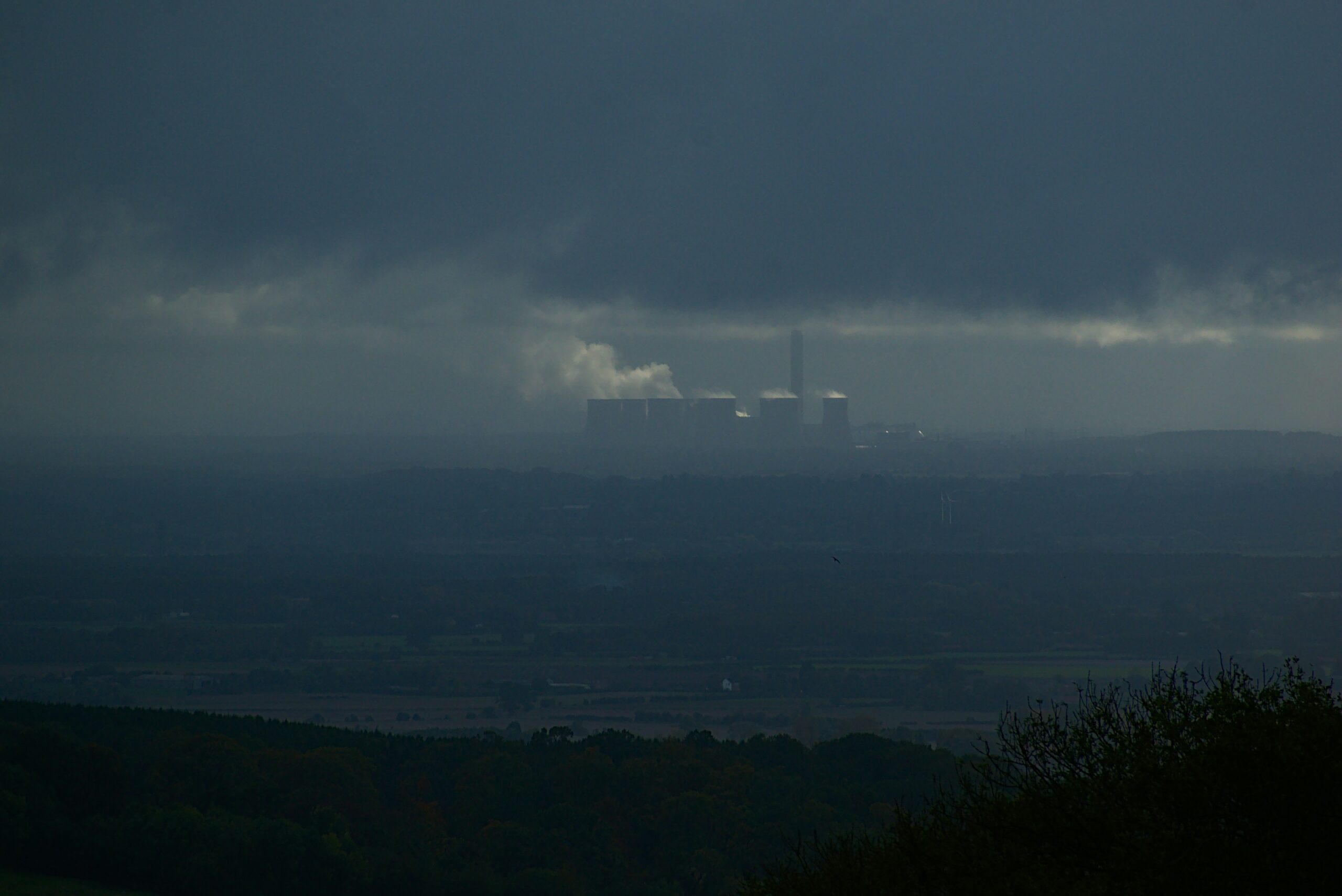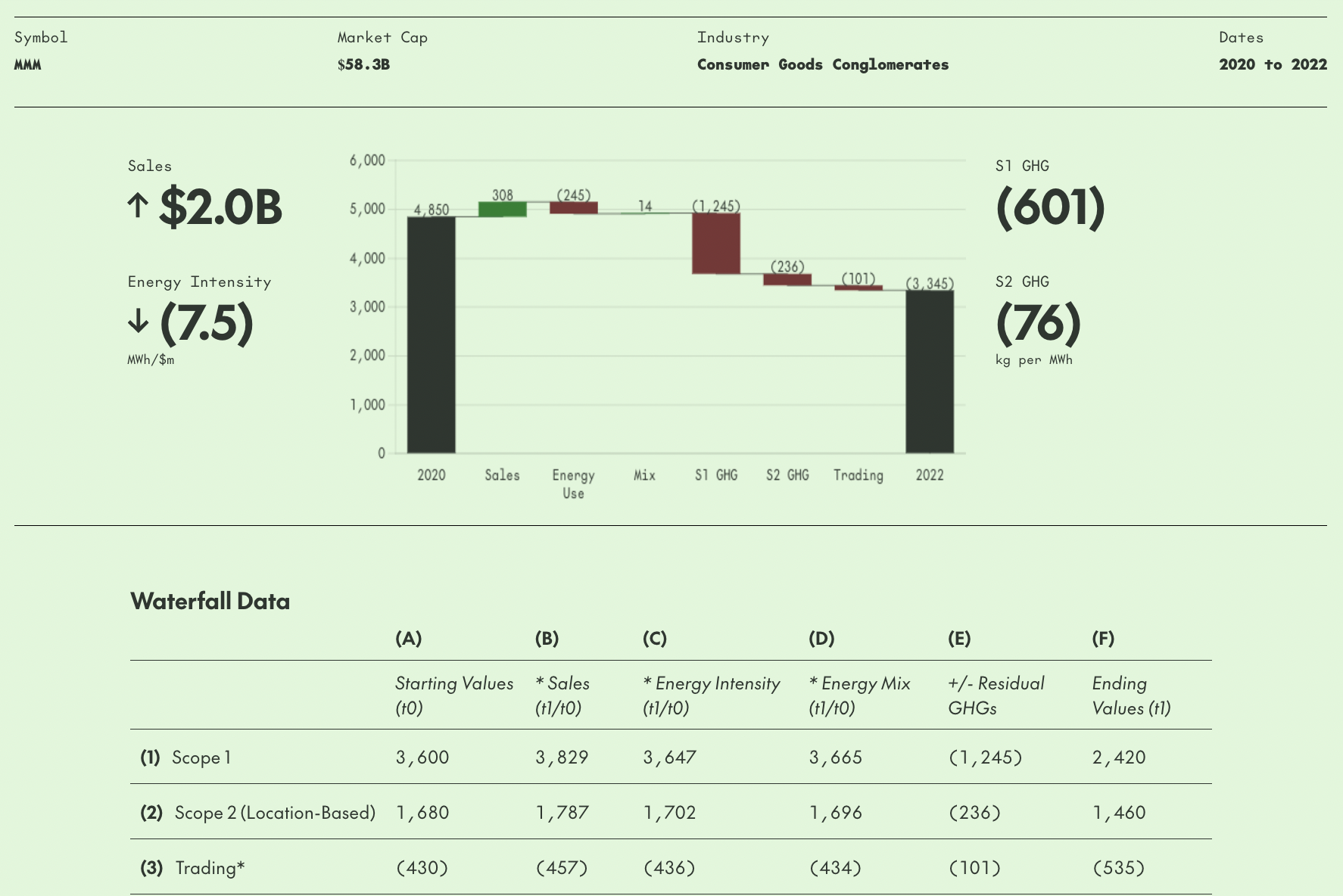Phenomenal World publishes “Trade Wars are Class Wars” interview

After a widely-viewed and shared live conversation on May 28th, Phenomenal World published its interview with Michael Pettis and Matthew Klein in conversation with Adam Tooze. Their discussion centered around the key findings of Pettis and Klein’s recently-released book, Trade Wars are Class Wars. The interview has been viewed by thousands across academia, as well as professionals in finance and economics. It has also been featured as “recommended reading” in the Financial Times and The Browser, among others.
The key finding of the book is groundbreaking for the study of international political economy and finance:
Pettis says, “Trade cost and trade conflict in the modern era don’t reflect differences in the cost of production; what they reflect is a difference in savings imbalances, primarily driven by the distortions in the distribution of income. We argue that the reason we have trade wars is because we have persistent imbalances, and the reason we have persistent trade imbalances is because around the world, income is distributed in such a way that workers and middle class households cannot consume enough of what they produce.”
Michael Pettis is a professor of finance at Guanghua School of Management at Peking University in Beijing, as well as a Carnegie Fellow. His co-author, Matthew C. Klein, is an economics commentator at Barron’s, having written for multiple publications including Financial Times, Bloomberg, and The Economist. Adam Tooze, historian and professor at Columbia University, also recently published Crashed: How a Decade of Financial Crises Changed the World, a book that provides equally vital context for the state of the current economic system.
Read the full interview here or watch a recording of the discussion. Subscribe to Phenomenal World to stay up-to-date with our newest content in political economy and the social sciences, and for our weekly digest, sign up for PW Sources below.
Related
Center for Active Stewardship’s Splice tool in the Financial Times
"The case against carbon emissions as a universal metric"
Center for Active Stewardship launches Splice, a tool for visualizing how a company’s greenhouse gas emissions change over time
"When it comes to emissions reporting, it’s important to be able to separate signal from noise. Initiatives to reduce...
ISA research cited by White House and others
This research formed part of a White House issue brief, "The Economics of Administration Action on Student Debt."


